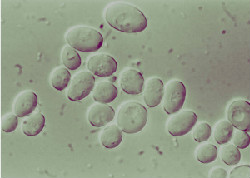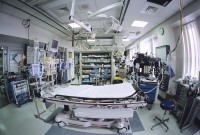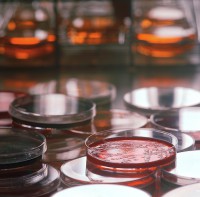
The term “vaccine” is often associated with the prevention of diseases such as measles, mumps and whooping cough, many of which are contagious and usually occur in childhood. A non-toxic cancer vaccine that proactively combats existing tumors has been an effective part of our immuno-oncology protocols at Issels®.
Our vaccine therapies derive their power from a patient’s own immune system. The vaccines themselves are autologous, meaning they are prepared using the patient’s blood to incorporate potent dendritic cells.
The power of dendritic cells
Dendritic cells act as coordinators between the innate immune system, which provides the initial response to pathogens, and the adaptive immune system, which offers a long-lasting defense against the invading cells. When foreign organisms are detected, dendritic cells capture their markers, or antigens, for presentation to T-lymphocyte cells, triggering the attack on the pathogens.
What is extracorporeal photopheresis?
FDA-approved for cutaneous T-cell lymphoma, this process involves passing blood through a chamber featuring ultraviolet light, which boosts immune properties. White blood cells comprised of monocytes and lymphocytes are then extracted before the blood is returned to the body. The separated cells are cultured to become active dendritic cells and injected back into the patient, where they initiate an immune response against the tumor.
Our immuno-oncology treatment programs are personalized based on the needs of each individual patient. Specific protocols may include a non-toxic cancer vaccine, gene therapies, and other integrative treatments designed to stimulate the body’s natural immune responses. Visit our website to learn more about the effectiveness and benefits of our non-toxic, state-of-the-art immunotherapy protocols.





